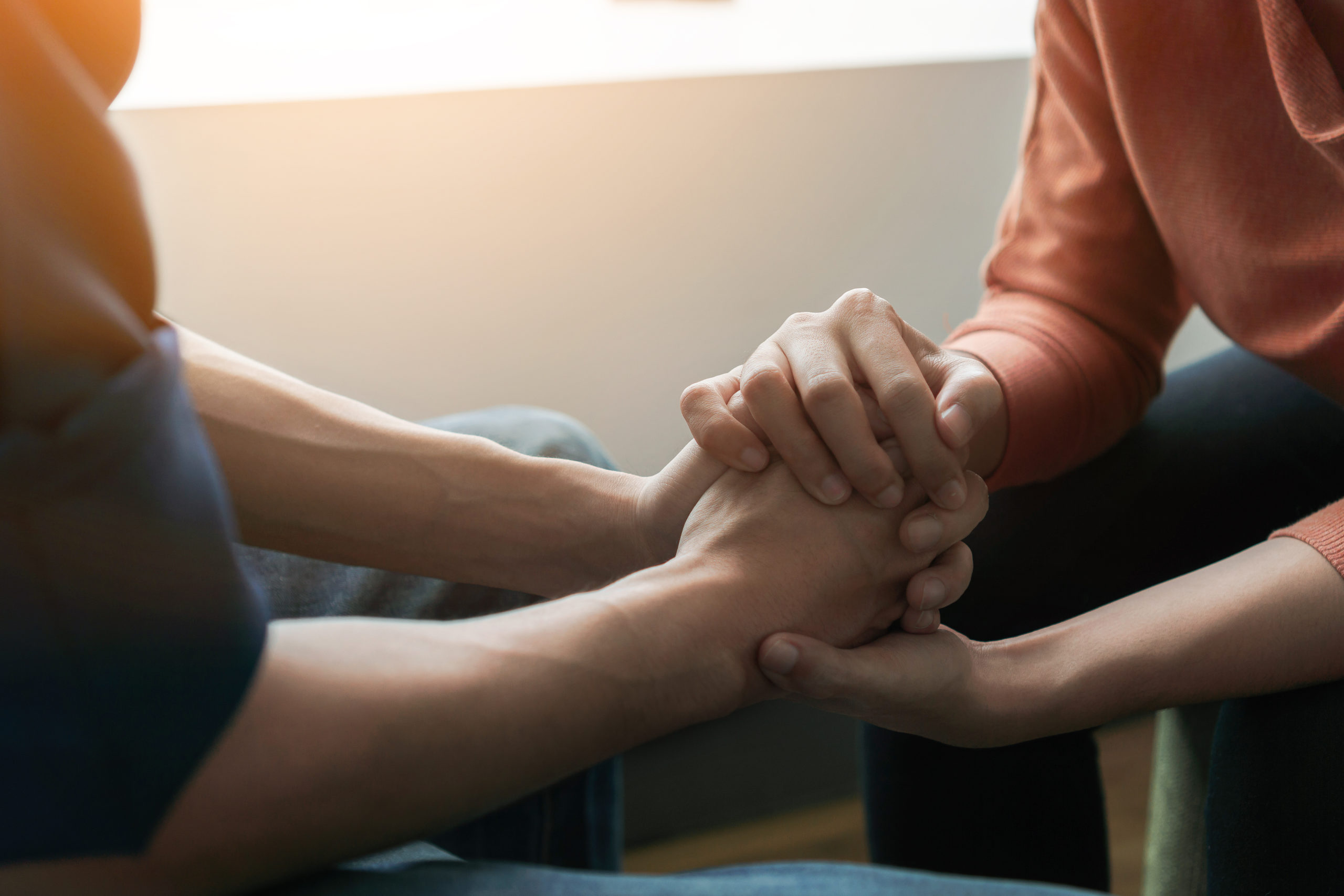Recovery isn’t, nor should it be, a path you walk alone. The isolation and detachment that drug and alcohol abuse eventually lead you to are not things that further solitude and seclusion can remedy. Recovery is a team sport in many ways though and having the right addiction recovery resources on your team makes for a recovery that’s both long-lasting and rewarding.
Now, “team” in this case doesn’t exclusively mean all the members are people. Books, for example, are wonderfully helpful resources and can be turned to you when you want some quiet, but still supportive, “you” time along the way.
What Are Addiction Recovery Resources?
Resources for recovering addicts run the gamut of interests, personality types, etc. No matter who you are, there are resources that can work well and complement your recovery journey nicely.
Support Groups
Let’s call these the classics. Support groups are where you go for, well, support!
They’re places where people who have gone through the same things as you come to build bonds and gain confidence in their newly sober lives. Not everyone will easily and readily understand or sympathize with what you’ve gone through as a recovering addict, support groups are filled with people who have had the same experiences as you with substance abuse and rehab. In other words, support groups are places where people actually understand you.
12 Step Programs
Naturally, you jump to the most well-known of these: Alcoholics Anonymous/Narcotics Anonymous. AA was the first 12 step program after all so the recognition is well deserved. The beauty of being so well known is that you can find these groups the world over. The meetings are an integral part of the program and are free of charge (voluntary donations are encouraged though).
While there is an overarching religious tone to the 12 steps, you can find versions of the program that aren’t so heavy-handed, and more spiritual rather than religious, which may align better with your view. Either way, you don’t have to be religious to get the benefits of the program.
SMART Recovery
This is another group-based option that is fully science-based, with no religious or spiritual elements that are standard in AA. SMART is an acronym that stands for Self-Management and Recovery Training. Pretty smart and built around a 4-point program:
- Building and maintaining the motivation to change.
- Coping with urges to use.
- Managing thoughts, feelings, and behaviors in an effective way without addictive behaviors.
- Living a balanced, positive, and healthy life.
Refuge Recovery
On the flip side of AA, perhaps the least well-known support group is Refuge Recovery which utilizes Buddhist principles and practices as the foundation from addiction recovery.
Books
The great thing about the many who have found ways to recover is that some went ahead and wrote books about the myriad ways to do it. From memoirs to how-tos, books are rich addiction recovery resources.
This is the first major manual on recovering from alcoholism and was written by one of the founders of AA, Bill W. It’s become one of the best-selling books of all time and named Time Magazine’s most influential books in English since 1923. Impressive.
Related to the 12-step program and AA, Drop the Rock focuses on steps 6 and 7:
-
- Step 6: We’re entirely ready to have God remove all our defects of character.
- Step 7: Humbly asked God to remove our shortcomings.
The title, and book, are about learning to do away with defects of our character that can sink, or impede, recovery if you hold on to them.
Alumni Groups at Rehabs
If you attended rehab, alumni groups are a fantastic place to start in terms of resources. Not only will you be able to stay in contact with the counselors, therapists and staff at whatever rehab you went through, but alumni groups also allow you to connect with others that went through the same program. Invaluable friendships can be formed through these groups.
Let Us Help You at Above All Treatment Network
This has been just a tiny sampler, an appetizer, of the wealth of resources available to those in recovery. There’s so much more out there and resources to fit all types of people so if you’re struggling to find ones that work for you, get in touch with us at Above All Treatment Network. We’ve been doing this for over a decade and can help connect you to the resources that work best for you.


